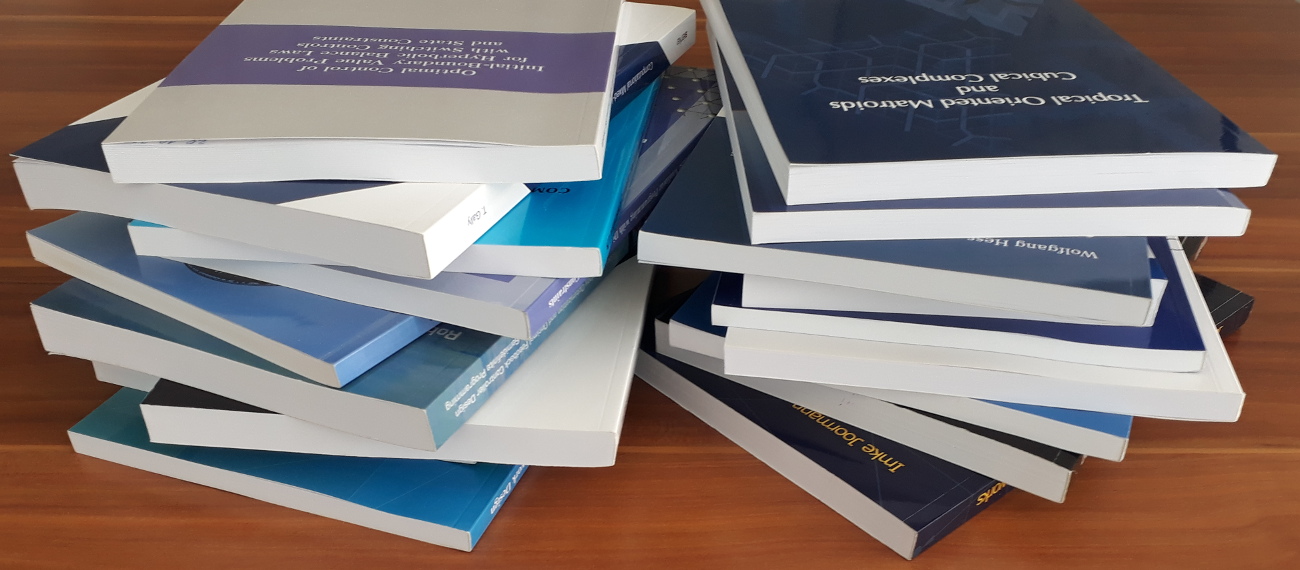Gradient robust methods for nearly incompressible materials
Seshadri Basava
Mixed finite elements for incompressible Navier-Stokes equations have seen a great success in mathematical fluid dynamics [16, 50, 35, 24, 21], to name a few. However, the dependency on pressure causes numerical instability. Linke [39], proposed a cure for this by introducing the gradient-robust interpolation operator π div.
We construct necessary assumptions and conditions needed to choose the suitable finite dimensional subspace of H_div (Ω; Rd ), given a stable inf-sup finite element pair solving the linear elasticity problem. We use Raviart-Thomas (RT_1) and Brezzi-Douglas-Marini (BDM_2) elements for Q_2 × DGQ_1 and Q_2 × DGP_1 finite element pairs respectively.
For computation, we use C++ based open source finite element libraries deal.II [5] and DOpElib [25]. We develop the FEValuesInterpolated class, which is derived from FEValues class of deal.II. Our class gives the value of π_div v_h , while the latter gives v_h. In case of linear elasticity, under the influence of external thermal force, we show that the gradient-robust method gives a well represented solution with fewer elements, compared to the non-gradient robust techniques for both incompressible and nearly incompressible materials. As an extension of our work [9], we show that, for phase-field fracture models under the effect of external thermal force, a well represented solution of displacement and fracture propagation for gradient-robust methods can be obtained with fewer elements, compared to non-gradient robust techniques.
https://tuprints.ulb.tu-darmstadt.de/26463

